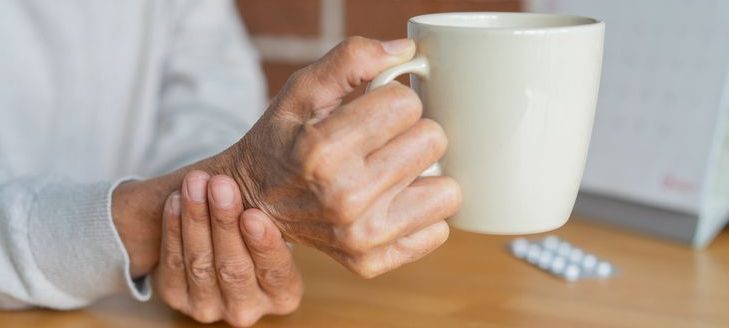Photo Credit: SeventyFour
Researchers encourage clinicians to instill self-efficacy in patients with MS and promote adaptive coping skills to improve well-being and clinical outcomes.
How patients with relapsing-remitting MS (RRMS) perceive their ability to plan and execute tasks necessary to reach specific goals—their self-efficacy—appears to affect their autonomy and relationships with others, results of a survey-based study suggest.
“Perceived self-efficacy fully explained the relationships between adaptive coping and positive relations with others as well as autonomy,” coauthors Megan L. Bradson, MS, and Lauren B. Strober, PhD, wrote in Multiple Sclerosis and Related Disorders.
“Interventions aimed at increasing adaptive coping skills and self-efficacy may improve relations with others and autonomy among persons with MS,” they advised.
Cross-Sectional Analysis of Longitudinal Data
The researchers conducted an ancillary analysis of data from 174 people with RRMS who had taken part in an earlier prospective, longitudinal study by Dr. Strober on the determinants of employment status in MS. All participants had enrolled online through the National Multiple Sclerosis Society, local chapters, or MS clinics.
The participants ranged in age from 25 to 64; 91.4% were female, and 81.6% were White. They had no other neurological disorders and were employed when they completed the baseline survey between 2014 and 2018.
The survey included the 52-item Coping Orientation to Problems Experienced Inventory of the relative contributions of active and avoidant coping; the 10-item General Self-Efficacy Scale, which measured self-efficacy; and the 84-item Ryff Psychological Well-Being Scales, which assessed positive relations with others, autonomy, environmental mastery, purpose in life, self-acceptance, and personal growth.
In the current cross-sectional study, the authors performed regression analysis on data from the repeat survey the participants completed 6 months after their baseline survey. They found that:
- Perceived self-efficacy fully mediated the effect between adaptive coping and positive relations with others (indirect effect=0.02; 95% CI, 0.01-0.03) as well as autonomy (indirect effect=0.02; 95% CI, 0.01-0.03]), with age as a covariate in autonomy.
- Partial mediation was seen for purpose in life (indirect effect=0.02; 95% CI, 0.01-0.04) and self-acceptance (indirect effect=0.03; 95% CI, 0.02-0.04), with age and education as covariates.
- Perceived self-efficacy did not mediate the effect of adaptive coping on personal growth, with education included as a covariate.
The authors acknowledged the study’s limitations, which included the investigation of only one type of MS, most participants being White, and its cross-sectional design based on self-reported survey responses. They recommended further related, prospective, longitudinal studies involving more demographically diverse participants and those with progressive MS course types.
“We were not surprised that self-efficacy fully accounted for the relationship between adaptive coping and positive relationships with others as well as autonomy,” Ms. Bradson says (Figure). “We were, however, surprised that self-efficacy did not fully account for the associations between adaptive coping and other aspects of psychological well-being, including purpose in life, self-acceptance, and personal growth.”
These unexpected findings suggest that the authors may not have accounted for factors such as cognitive style and openness to experience and that traits like these should be studied further, she adds.
More Research Needed on Psychological Well-Being in MS
“Research on psychological well-being in MS is incredibly scarce,” says Dr. Strober. “While it is important to understand risk factors for negative outcomes and psychological distress in these patients, it is equally important to adopt a positive neuropsychological approach to understand why individuals are ‘living well’ with MS.”
The authors encourage clinicians to work with their patients to instill self-efficacy and promote adaptive coping strategies, which, they note, builds psychological resilience, improves well-being, and increases positive clinical outcomes.




















Create Post
Twitter/X Preview
Logout